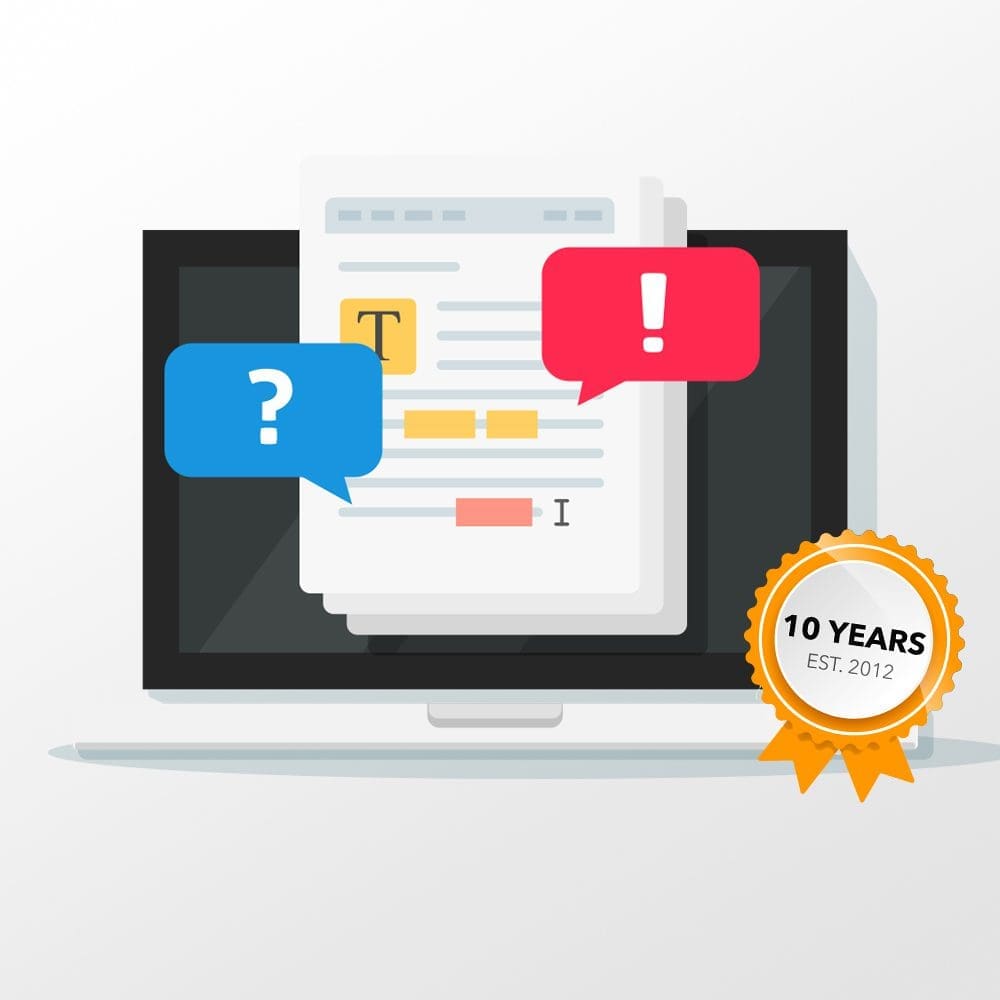Creating a social media strategy for LinkedIn is crucial for enhancing brand awareness and engagement. As a professional platform, LinkedIn offers unique opportunities for B2B marketing. Here’s a step-by-step guide to craft an effective strategy, with examples from successful businesses.
SET CLEAR OBJECTIVES
Before diving into content creation, define your objectives. Are you looking to increase followers? Drive website traffic? Generate leads? Clear goals guide your strategy. For example, HubSpot aims to provide value through educational posts, driving followers and engagement.
KNOW YOUR AUDIENCE
Understanding your audience is critical. LinkedIn analytics can provide insights. Identify your audience’s demographics, interests, and behaviors. Tailor your content accordingly. For instance, IBM uses LinkedIn to reach decision-makers in technology and business sectors, focusing on content that addresses their needs.
CONTENT PLANNING
Content is king. Plan a mix of content types—posts, articles, videos, and infographics. Ensure the content is relevant and valuable. Regular posts keep your audience engaged. LinkedIn algorithms favor consistent activity. Adobe, for instance, mixes tutorials, success stories, and industry news, maintaining a steady flow of engaging content.
OPTIMIZE YOUR PROFILE
Your company profile is LinkedIn’s face. Optimize it with a clear logo, professional banner, and compelling summary. Highlight your mission, products, and services. Salesforce’s LinkedIn profile is an excellent example, showcasing a professional image, product highlights, and customer testimonials.
LEVERAGE EMPLOYEE PROFILES
Employees can act as brand ambassadors. Encourage them to update their profiles and share company content. Microsoft effectively leverages employee profiles, amplifying their reach and authenticity. Employee advocacy can significantly boost your brand’s visibility.
USE LINKEDIN GROUPS
Join LinkedIn groups relevant to your industry. Engage in conversations, share insights, and provide value. It positions your brand as an industry leader. HubSpot actively participates in marketing groups, sharing tips and fostering discussions, building their authority.
MONITOR AND ENGAGE
Engagement doesn’t stop at posting. Monitor your posts, respond to comments, and engage with your audience. It builds relationships and trust. Adobe frequently responds to comments on their posts, fostering a community and encouraging further interaction.
ANALYZE AND ADJUST
Regularly review your LinkedIn analytics. Identify what works and what doesn’t. Adjust your strategy based on these insights. HubSpot continually refines its approach based on engagement metrics, ensuring they stay relevant and effective.
USE LINKEDIN ADS
Consider using LinkedIn’s ad platform. Sponsored content, InMail, and text ads can target specific audiences, enhancing your reach. Salesforce uses sponsored content to promote webinars and whitepapers, effectively reaching decision-makers.
SHOWCASE YOUR COMPANY CULTURE
Content showing your company culture can attract talent and build brand personality. Share behind-the-scenes content, employee stories, and company events. Microsoft frequently shares posts about workplace culture, attracting potential employees and engaging their audience.
In conclusion, a well-crafted LinkedIn strategy enhances brand awareness, engagement, and leads. PaperBlazer can help refine your strategy and content, ensuring clarity and effectiveness.
#SocialMedia #LinkedInStrategy #BrandAwareness #B2BMarketing #ContentMarketing #BusinessGrowth #PaperBlazer #Engagement #ProfessionalNetworking #EmployeeAdvocacy #CustomerEngagement







